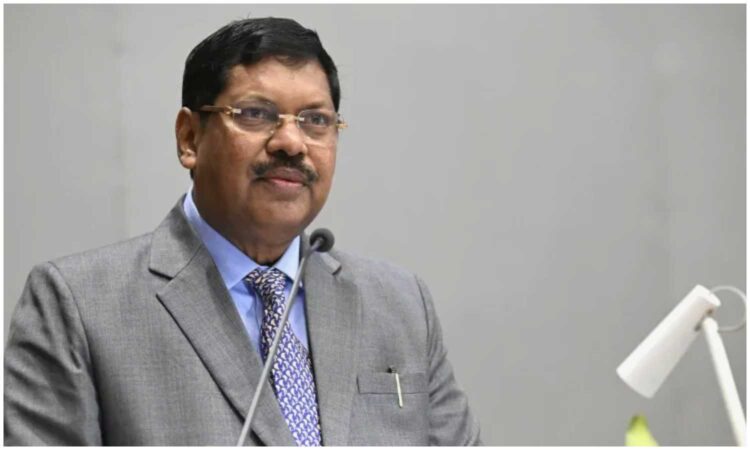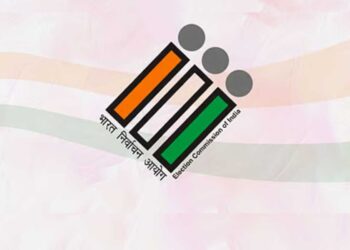New Delhi: A dramatic moment unfolded in the Supreme Court on Monday when a lawyer allegedly attempted to attack CJI Gavai during a hearing. According to accounts from advocates present, the lawyer hurled a shoe toward the Chief Justice’s bench. The footwear did not reach the bench. Security personnel reacted immediately and detained the lawyer. As he was escorted out, he shouted, “Sanatan ka apmaan nahin sahega Hindustan.”
Chief Justice D.Y. Chandrachud? No—the bench was led by CJI Gavai (Justice B.R. Gavai). He asked lawyers in the courtroom to continue their submissions. He also told them not to be perturbed, adding that such acts do not affect him. Therefore, proceedings resumed without delay.
CJI Gavai incident prompts SCBA action and BCI suspension order
Soon after, institutional action followed. The Supreme Court Bar Association (SCBA) cancelled the license of the accused lawyer, identified as Rakesh Kishor Kumar. His registration dates back to 2011. Meanwhile, the Bar Council of India (BCI) also suspended him with immediate effect. BCI Chairman Manan Kumar Mishra issued the suspension order and said the conduct violated professional rules.
During the suspension, the lawyer cannot practice anywhere. Furthermore, BCI will issue a show-cause notice within 15 days. The notice will seek an explanation before the disciplinary process proceeds further. Consequently, the matter will now move into a formal inquiry timeline.
SCBA expressed sorrow over the episode. In a statement, it said such intemperate behaviour is wholly unacceptable and undermines the foundation of mutual respect between the court and the bar. Any act that weakens this bond, the association said, harms not only the institution but also the fabric of justice in the country.
The courtroom disturbance also triggered wider conversations about security and decorum. However, the immediate and calm response from CJI Gavai helped steady the room. Moreover, the decisive steps by SCBA and BCI signalled zero tolerance for misconduct. Additionally, lawyers present emphasised that isolated acts cannot define the profession’s standards.
As the inquiry proceeds, attention will remain on due process. The suspension is interim; the outcome will follow established procedures. In the meantime, hearings will continue as scheduled, and the Supreme Court’s work will carry on.










